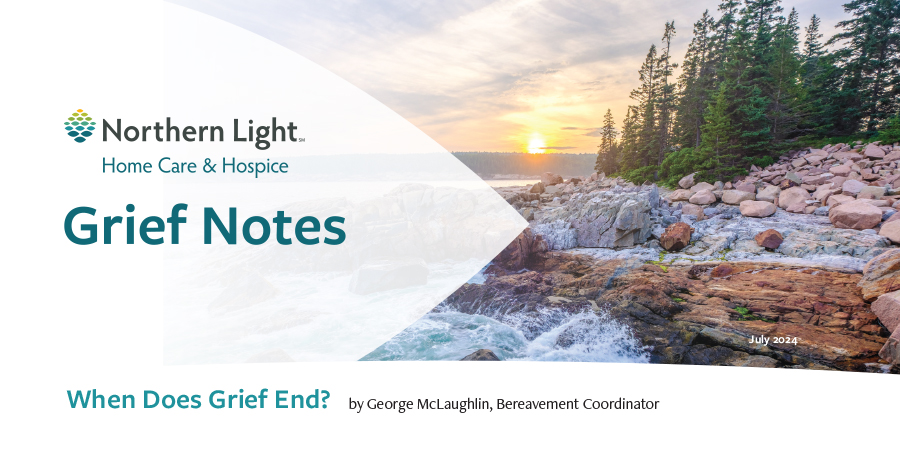LATEST NEWS
We are all just walking each other home. - Ram Dass
LATEST NEWS
We are all just walking each other home. - Ram Dass

November 26, 2000, will be a date forever etched in my mind as it was the day my dad died from colon cancer. That day seems like yesterday at times, but then some days, it’s like a distant memory. I ask myself – is this normal? Am I normal? Grief has had a significant impact on my life since that day nearly 24 years ago and caused positive personal changes to take place as I have worked through the emotions attached to grief.
Many times, over the past 24 years when I have done something significant or experienced something really special, I have thought or even said out loud, “Oh, how I wish Dad could be here for this”. While at some of my children’s or grandchildren’s events or accomplishments I have often wondered, “How proud Dad would have been!” or “What would Dad have thought or said?” I become lost in thought, reminiscing about what could have been and missing my dad all over again.
So how long does grief last? I have learned a lot in my years working with hospice patients and their families, but one thing that I’m constantly reminded of is that there is no time limit on grief. It will never go away completely because of the love that we have for that person who has died. We love deeply so we grieve deeply. There are different types of grief that we may experience in the journey of healing:
Anticipatory Grief can start soon after a terminal diagnosis or a significant medical event that brings significant change to our loved one. This is a grief that takes place before an impending death as you grieve the loss of potential experiences, opportunities, activities or imagined events you will not be able to enjoy together.
Complicated Grief happens when situations and events occur that add to or extend our grief. This could be additional losses you experience, life events that can shake our lives (personal health issues, financial changes, lack of emotional support…) or just due to some ongoing changes in life.
Integrated Grief is the process of acknowledging and accepting loss into your life. I have heard it also described as Abiding Grief. It’s the place we get to when we come to the point of accepting the reality of our loss and begin to return to activities and relationships that were important and fulfilling. I call these support structures that have and will hold us up and keep us from falling. This doesn’t mean that you love or miss your loved one less or that their memory has faded. It just means that you are healing and coping better with your loss.
We will have difficult days when fresh waves of grief will crash over us, especially around holidays, birthdays, and anniversaries. There may also be other days that are special reminders of that loved one we miss. For me it’s the start of Spring Training. For years Dad and I would talk to compare notes on how we thought the Red Sox were going to do “this year”. I still get a lump in my throat and my eyes fill up each spring as I remember those conversations and I hope this never stops!
Six Week Grief Support Group – Aroostook County
Have you lost a loved one? When someone we love dies, it can feel overwhelming. You may feel alone and that no one understands what you are going through. The truth is that many are walking a similar path. Consider coming to a place where you can talk, grieve, and move forward with people who are also grieving.
These Six Week Grief Support Groups will be offered once again in September. If you are interested or would like to receive more information, please contact George McLaughlin at gmclaughlin@ northernlight.org or call me at 207-498- 9039.
As your Bereavement Coordinator, I am available by phone for grief support. If you would like to arrange a time to talk or meet one-on-one, please e-mail your request to George McLaughlin at gmclaughlin@ northernlight.org or call me at 207-498-9039. I will get back to you as soon as I can. Our agency toll-free number is also available to you: 1-800-757-3326.